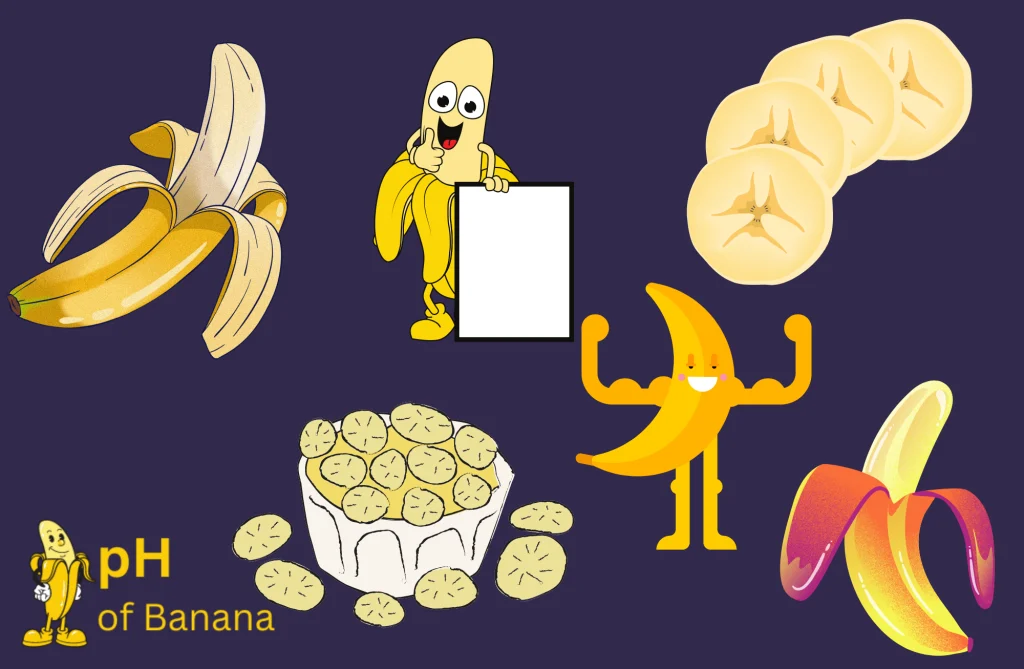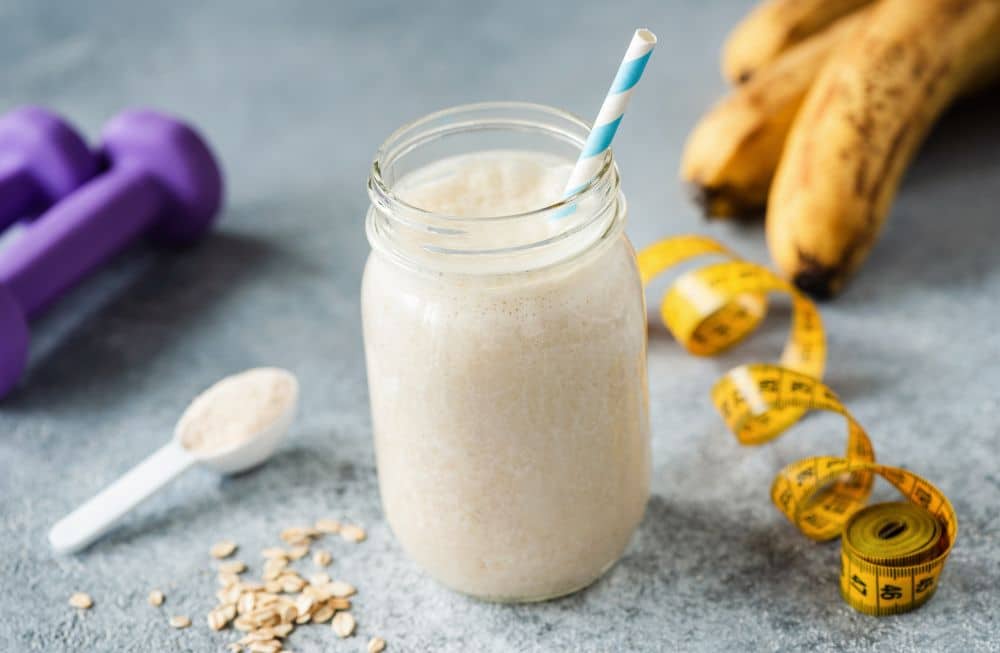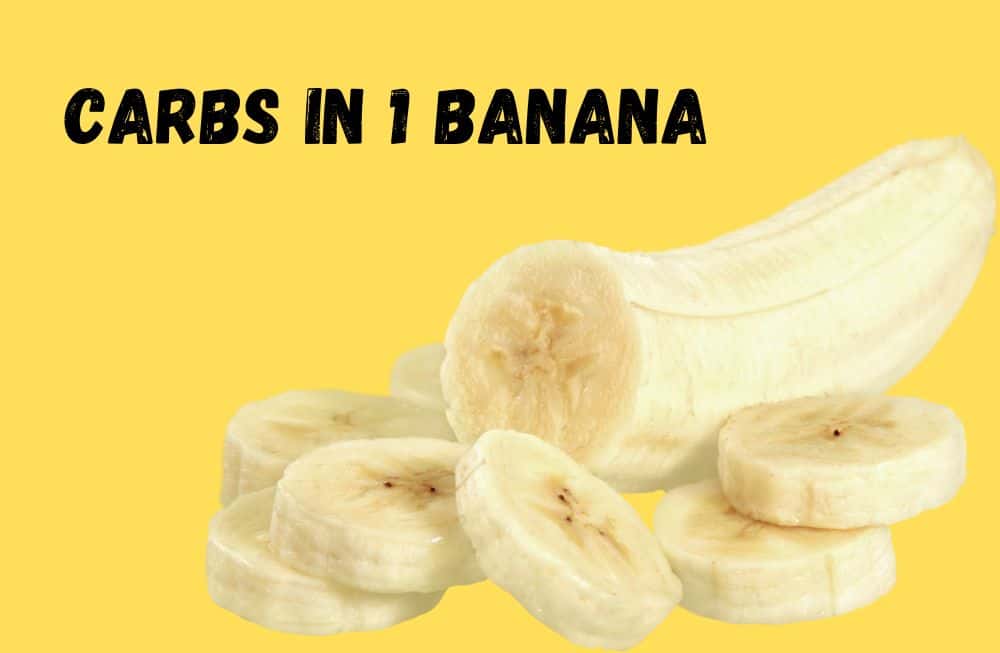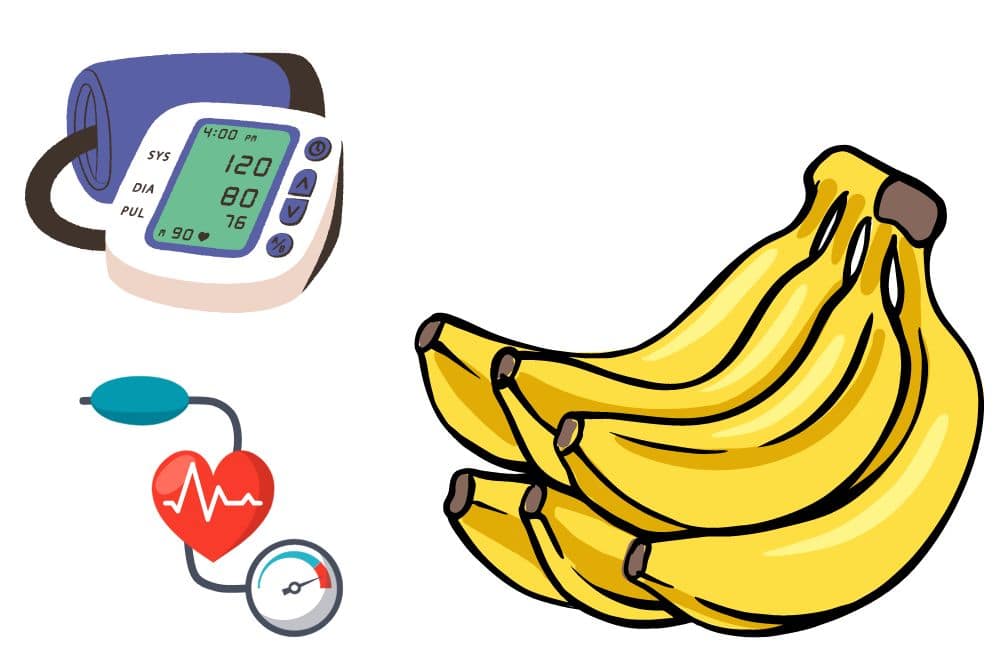The banana is a versatile, tasty fruit with numerous health advantages. It creates protection against oxidative stress and chronic illness owing to its high fiber and antioxidant content. Bananas’ soft texture and sweet flavor make bananas a healthy choice for most people.
Bananas’ soft texture helps newborns and elderly adults who may have trouble chewing and swallowing harder meals. Also, it is very helpful for sports and busy people who require a rapid energy boost.
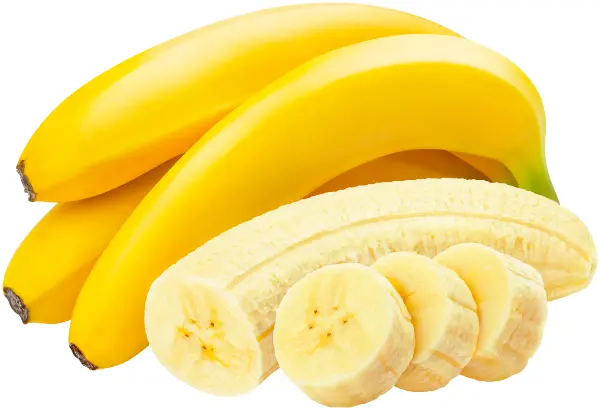
But are bananas good for diabetics? Continue reading to learn more. We’ll talk about the advantages of eating bananas for those with diabetes and how bananas modify blood sugar levels.
Are Bananas Good for Diabetics?
The obvious answer is Yes. Patients with diabetics can eat bananas as part of a balanced diet. Consuming them in moderation is crucial, however. The 15 grams of carbs in a medium-sized banana might cause blood sugar levels to rise. This must be taken into account when calculating your daily total of carbohydrates.
Bananas may be a healthier option for diabetics by taking the following measures:
- Bananas may slow down your body’s digestion and sugar absorption when eaten alongside meals heavy in protein and fat. For instance, use a banana in a smoothie that also contains chia or flaxseed.
Also, you can create flavor-packed Lemon-Blueberry Nice Cream, or you can bake Breakfast Peanut Butter-Chocolate Chip Oatmeal Cakes. You may try A banana with some almonds.
- Still green and unripe, Bananas have more resistant starch and less sugar. So, people who are suffering from diabetics should choose less ripened bananas.
- Reduce the quantity of sugar absorbed by your body by eating smaller bananas.
Discuss any concerns about eating bananas with your physician or a qualified dietitian. They can assist you in developing a personalized, nutritious eating plan.
Banana Nutrition
Bananas include potassium, fiber, vitamin C, and B6. Potassium balances blood pressure and fluids. Fiber and vitamin C are proven to benefit the stomach, heart, and immune system.
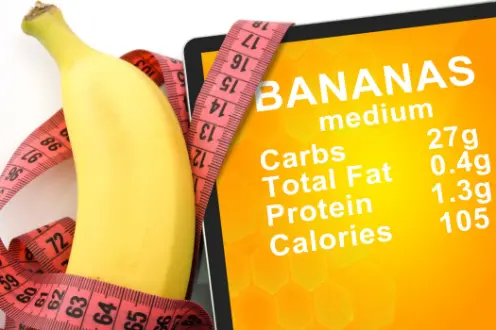
Vitamin B6 helps with many enzyme processes and how proteins are used in the body.
The Banana nutrition chart is given below:
| Nutrient | Amount |
| Calories | 105 |
| Fat | 0.4 g |
| Sodium | 1.2 mg |
| Carbohydrates | 27 g |
| Fiber | 3.1 g |
| Sugars | 14 g |
| Protein | 1.3 g |
| Potassium | 450 mg |
| Vitamin C | 10 mg |
| Magnesium | 34 mg |
| Manganese | 0.2 mg |
| Vitamin B6 | 0.3 mg |
| Folate | 15 mcg |
Percent Daily Values (DV):
Calories: 5%
Fat: 1%
Sodium: 0%
Total Carbohydrates: 10%
Dietary Fiber: 11%
Sugars: 10%
Protein: 6%
Potassium: 12%
Vitamin C: 12%
Magnesium: 8%
Manganese: 10%
Vitamin B6: 10%
Folate: 4%
Benefits of Eating Bananas
Diabetics require nutritious carbohydrates for energy but must limit their carb consumption. If they use blood sugar-lowering drugs, diabetics must eat healthful carbohydrates. Fiber, vitamin C, potassium, vitamin B6, and manganese are found in bananas.
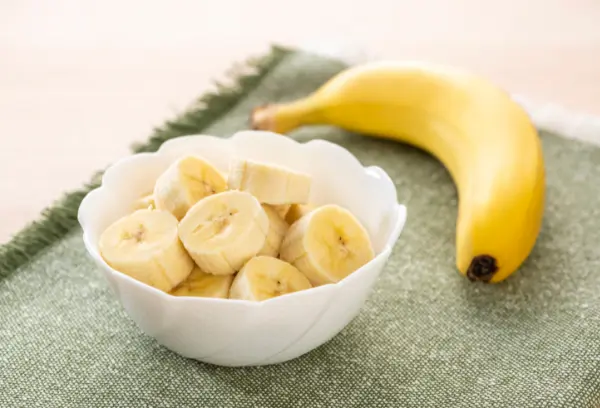
Eating bananas may have various health advantages for those with diabetes and is a wonderful way to get immediate energy.
Can Improve Insulin Sensitivity
Unripe or green bananas have a lower sugar content and a higher level of resistant starch. A 2019 study that appeared in Critical Reviews in Food Science and Nutrition claims that resistant starch, a carbohydrate that cannot be digested in the small intestine, offers various health advantages, including better digestion, lowered cholesterol, and enhanced gut health. Diabetes sufferers with metabolic syndrome benefit from resistant starch’s improvement in insulin sensitivity.
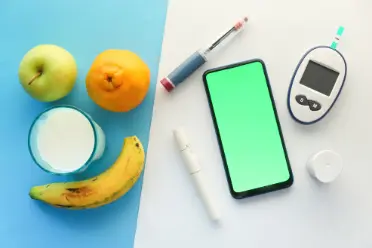
Can Help Regulate Blood Sugar
Green bananas’ resistant starch, like fiber, slows carbohydrate digestion and prevents blood sugar rises, according to a 2019 Nutrients review. According to a 2022 International Journal of Molecular Sciences study, resistant starch may increase gut flora and insulin action, helping diabetics regulate blood sugar.
In addition, bananas have a low GI score. In accordance with the Harvard T.H. Chan School of Public Health, ripe bananas score 51, whereas less mature, greener bananas can only score 42.
Boost Your Heart Health
Diabetes requires heart health care. The National Institutes of Health report a correlation between diabetes and hypertension, high cholesterol, and cardiovascular disease. The heart-healthy vitamins and minerals found in bananas. Bananas, for instance, include a lot of the heart-healthy nutrient potassium.
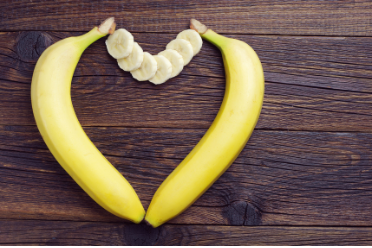
Increasing potassium consumption may prevent high blood pressure, stroke, and heart disease. Bananas include magnesium, which reduces blood pressure and heart disease risk. In a medium banana, potassium and magnesium makeup 9% and 8% of the Daily Value, respectively.
How Bananas Affect Your Blood Sugar
When consuming meals high in carbohydrates, diabetics must exercise caution. This is due to the fact that carbohydrates boost blood sugar levels more than any other food. Thus the kind of carbohydrates you consume has a big influence on blood sugar control.
Additionally, meals heavy in carbohydrates often score higher on the glycemic index, a scale of 100 points that assesses how quickly a food raises blood sugar levels.
When someone doesn’t have diabetes and has a blood sugar surge, their pancreas releases insulin into the circulation. After then, insulin transports the sugar from the blood into the cells, where it is either utilized immediately for energy or stored for later.
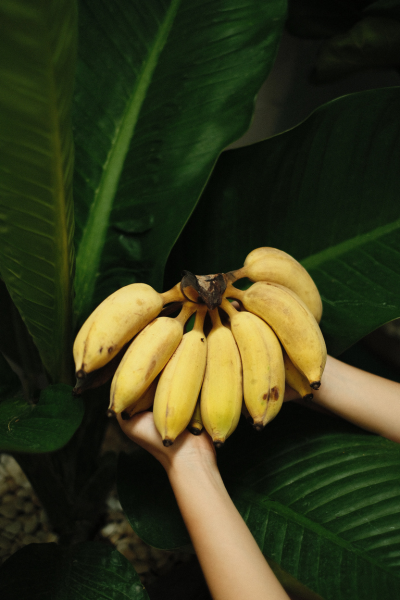
As per the Centers for Disease Control and Prevention, persons with diabetes either don’t generate enough insulin or can’t utilize it properly.
Bananas raise blood sugar higher than other foods. The USDA’s FoodData Central reports that a medium banana has 27 grams of carbohydrates and 14 grams of sugar. Bananas, like other whole-food sugar sources, include fiber (3 grams per medium banana).
Fiber is a supernutrient. Fiber lowers blood sugar in diabetes. According to a 2018 Journal of Chiropractic Medicine review, delaying carb digestion and absorption helps manage blood sugar.
Bananas are safe for diabetics, says Zen Master Wellness nutrition adviser Kelsey Lorencz, RD. Banana carbohydrates break down into glucose, which enters the bloodstream and powers cells.
“Eating a banana will increase blood sugar, but it depends on how much you eat, how you pair it with other food, and the ripeness; that’s not necessarily bad,” adds Lorencz. “A ripe banana has more sugar, and a green banana has less sugar and more resistant starch, which doesn’t affect blood sugar.”
FAQ
How many bananas can a diabetic eat a day?
Depending on how much other fruit you consume, most persons with diabetes may safely eat one or two bananas of a medium size each day.
Do bananas raise your blood sugar?
Bananas are healthful yet heavy in carbohydrates and sugar, which boost blood sugar.
Conclusion
Bananas are tasty, healthy, and economical for everyone, even diabetics. Eating this healthful fruit helps balance blood sugar, enhance insulin sensitivity, and promote heart health.
Bananas have more carbohydrates and sugar than certain meals, but their fiber and resistant starch limit sugar digestion and release. Bananas are a diabetic’s healthful snack. However, if you have diabetes, choose smaller, less ripe bananas and mix them with protein- and fat-rich meals.
Last but not least, I hope you get your answer and all the information about the question, are bananas good for diabetics?

